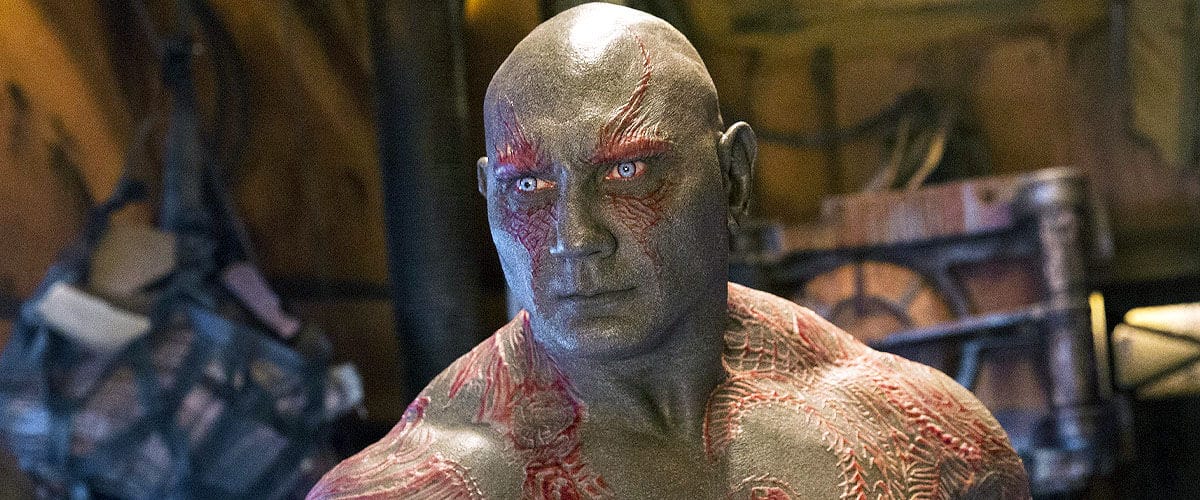Introduction
Orphan blocks in crypto mining occur when two miners solve a block puzzle at nearly the same time. The blockchain can only add one block to the main chain, and the other—despite being valid—doesn't get included. This block becomes an "orphan." It’s like sending two emails at the same time, but only one makes it to the recipient.
How Orphan Blocks Happen
Orphan blocks occur when miners solve puzzles simultaneously. Here’s how:
- Simultaneous Mining: Two miners solve a puzzle at almost the same time, but only one block is accepted.
For example, imagine I’m trying to book a ticket for Liverpool vs Manchester United in the Premier League. I hit "buy" at the same time as Oz. Since Liverpool has beaten his team so often recently, my purchase gets through first, and his is rejected, leaving his transaction "orphaned." - Network Delays: Sometimes, a block takes longer to reach the network due to delays. By the time it gets there, another miner’s block has already been accepted.
For example, sticking with the Liverpool vs Manchester United match, imagine I’m trying to grab the last available ticket, but my internet is slow. While I'm waiting, Oz’s faster internet secures him a ticket first. It’s rare, but just like in crypto mining, sometimes he wins out. - Mining Difficulty: If mining becomes easier, or more people join, multiple blocks might be solved at once, causing more orphan blocks.
For example, if the Premier League lowers the difficulty of playing against Liverpool, suddenly all teams, even Manchester United, start thinking they have a chance. With so many hopefuls, confusion ensues over who really deserves credit for winning—leading to more "orphaned" victories!

How Orphan Blocks Affect Blockchain
- Security: Orphan blocks reinforce blockchain security by ensuring that only the longest valid chain is accepted.
For example, if there’s a split in decision-making, the blockchain accepts the path with the most support. - Miners' Earnings: Miners don’t get rewarded for orphan blocks, meaning they miss out on transaction fees and block rewards.
For example, it’s like baking cookies for a sale but missing out on payment because someone else’s cookies sold first. - User Experience: If a transaction is part of an orphan block, users might experience delays as the transaction needs to be included in a new block.
For example, it’s like sending a text message that doesn’t go through, requiring you to resend it, which delays communication.
Recent Trends
- Increased Competition: With more miners, especially from regions with cheap electricity, the competition to add new blocks has intensified, leading to more orphan blocks.
- Faster Technology, More Orphans: Technological advancements have increased block discovery speeds, meaning more orphan blocks are created due to simultaneous mining.
For example, it’s like upgrading to a faster computer, where multiple people finish their tasks at the same time, but only one submission counts.
Real-World Examples of Orphan Blocks
- Bitcoin: Orphan blocks are relatively rare in the Bitcoin network but can still occur, especially during periods of intense mining activity.
- Ethereum: Ethereum uses a system called "uncles," where orphan blocks are rewarded, slightly reducing the negative impact for miners.
Conclusion
Orphan blocks may not directly affect most users, but they play a crucial role in ensuring the blockchain remains secure and consistent. Miners, however, lose out on rewards if their block becomes orphaned. For users, the only noticeable impact is a slight delay in transaction processing. Understanding orphan blocks helps explain how blockchain mining and consensus work to maintain the integrity of the network.
Unlock More Crypto Insights!
Love the content you’re seeing? Take your crypto knowledge to the next level with our premium features. Get access to exclusive reports, personalized technical analysis, portfolio reviews, and more. Join one of our paid tiers today and stay ahead with expert guidance tailored just for you!














Discussion